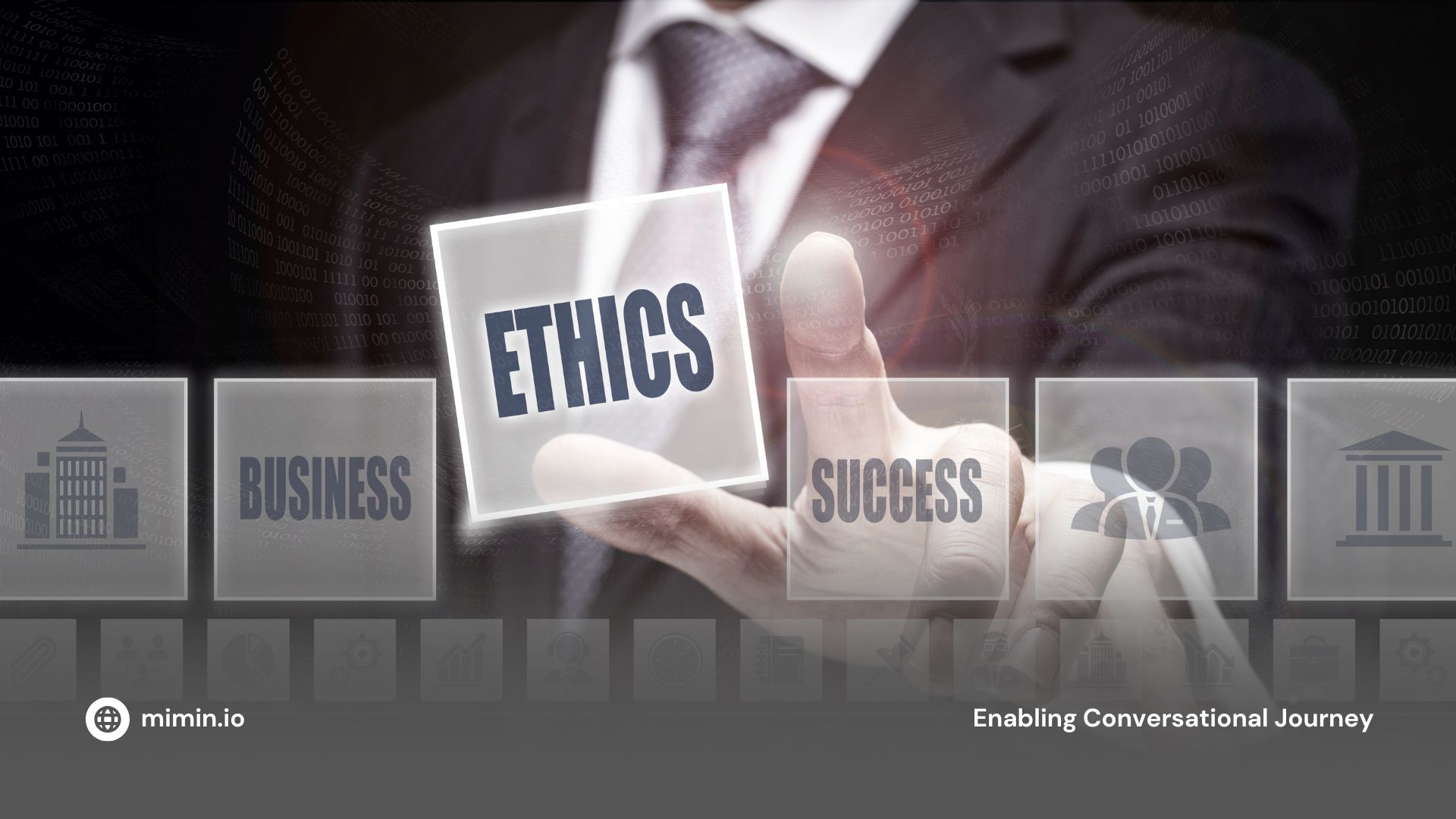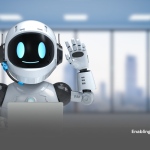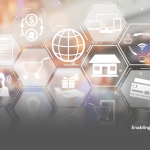In recent years, artificial intelligence (AI) technology has been rapidly advancing and become an integral part of various businesses and organizations. However, there have been many cases where AI has produced biased decisions, violated privacy, or even had negative environmental impacts. For example, in 2018, Amazon faced criticism because its AI recruitment tool discriminated against women by downgrading resumes that included the word “women.”
The importance of AI ethics cannot be ignored. AI ethics is a set of moral principles used to ensure that the development and use of AI technology are conducted responsibly, safely, humanely, and in an environmentally friendly manner. By implementing AI ethics, businesses and organizations can ensure that this technology benefits society and does not cause unintended negative consequences.
What is AI Ethics?
AI ethics is a set of guiding principles used by stakeholders, ranging from engineers to government officials, to ensure that AI technology is developed and used responsibly. This involves a safe, secure, humane, and environmentally friendly approach to AI. A strong AI code of ethics can include avoiding bias, protecting users’ privacy and data, and mitigating environmental risks.
Why is AI Ethics Important?
AI ethics is crucial because AI technology is designed to support or replace human intelligence. If this technology is developed with biased or inaccurate data, its impact can be harmful, especially for marginalized groups. Additionally, if AI algorithms and machine learning models are built too quickly without considering ethics, it becomes difficult for engineers and product managers to correct learned biases. Therefore, incorporating a code of ethics during the development process can mitigate future risks.
Challenges of AI Ethics
- AI Bias: AI that does not collect data representing the population accurately can produce biased decisions. For example, Amazon’s recruitment tool discriminated against women.
- Privacy: AI relies on data gathered from internet searches, social media photos, and online purchases, often done without clear consent from individuals.
- Environmental Impact: Large AI models require significant energy to train, resulting in substantial environmental impacts.
To create more ethical AI, we need to closely examine the ethical implications of policies, education, and technology. Regulatory frameworks can ensure that these technologies benefit society rather than harm it. Globally, governments are starting to enforce policies for ethical AI, including how companies should handle legal issues if bias or other harm arises.
Furthermore, everyone interacting with AI must understand the risks and negative impacts of unethical or fake AI. By creating and disseminating accessible resources, we can mitigate these risks. Through collaboration among academics, governments, non-profit organizations, and private companies, we can ensure that AI is developed and used ethically, maximizing its benefits for society while minimizing its negative impacts.
ABOUT MIMIN
Mimin is a platform that helps businesses to create conversational customer journeys with Artificial Intelligence. With Mimin, businesses can effortlessly build chat journeys and establish a positive customer experience.
The applications that can be generated include, amongst others, the ease of running chat commerce, chat campaigns, customer automation, omnichannel inbox, and Generative-AI chatbot.
With Mimin, businesses can deliver superior customer experiences, strengthen customer relationships, and build stronger customer loyalty.
Learn more about Mimin by contacting:
Mimin
PT. Admin Pintar Kita
Graha Charis Siem
Jl. Tanah Abang 5 No. 21, Central Jakarta
Phone: +62 856 0322 5212
Email: halo@mimin.io





